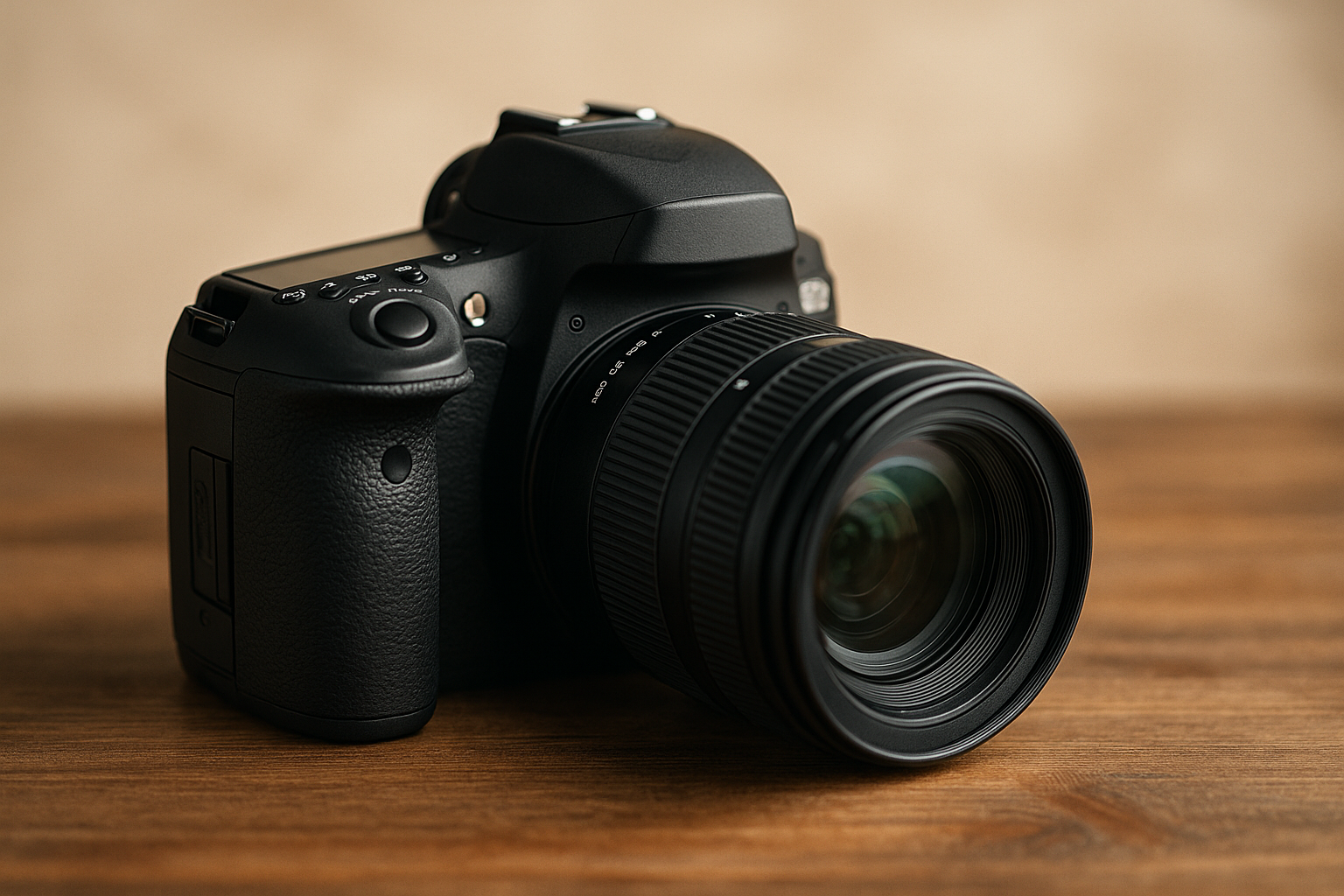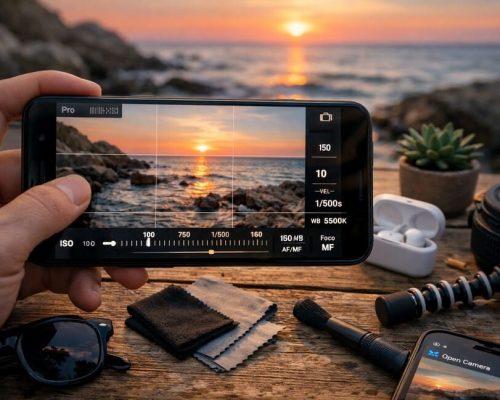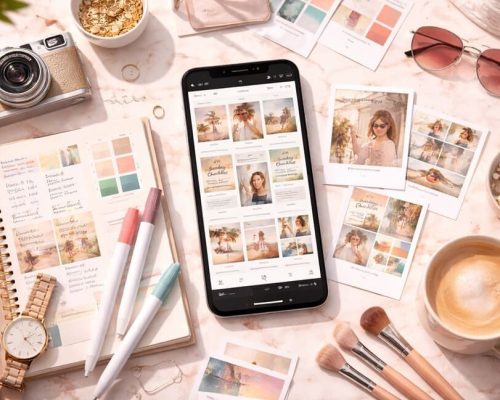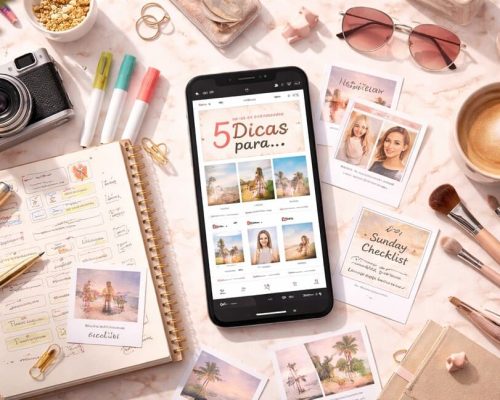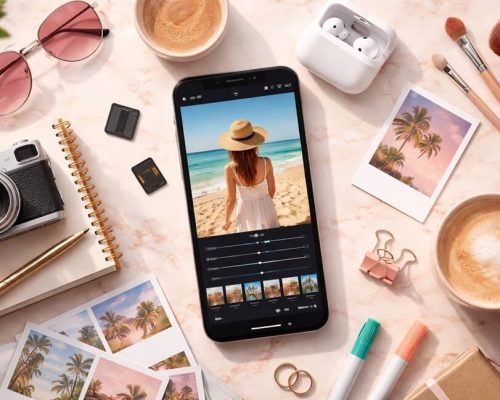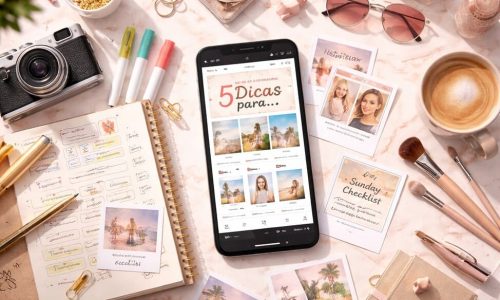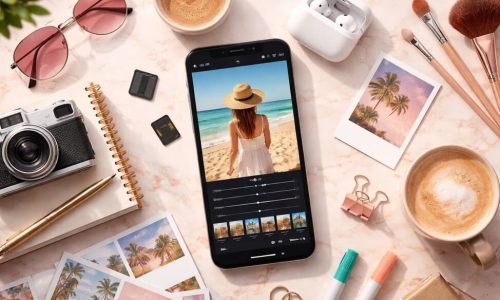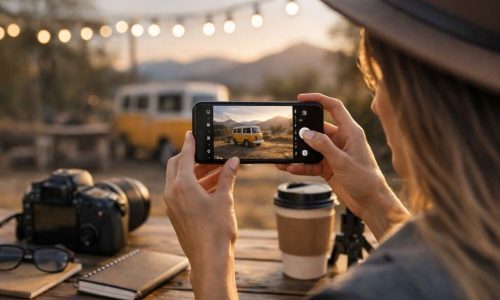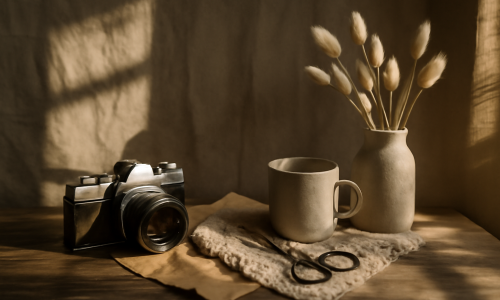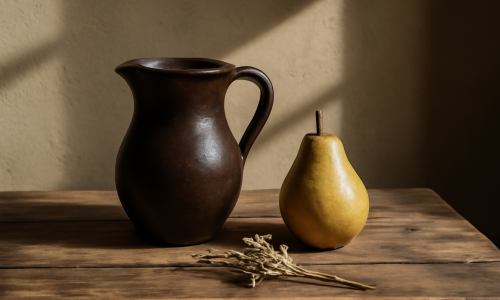Starting your journey in photography is exciting. But when it comes to choosing your first camera, it can quickly feel overwhelming — especially if you’re on a budget. The internet is full of reviews, specs, technical jargon, and endless camera models that promise the world. But here’s the truth: you don’t need the most expensive gear to take beautiful photos. You just need the right camera for where you are right now.
In this guide, we’ll break down the best affordable cameras for beginners — ones that give you great quality, easy-to-use features, room to grow, and most importantly, won’t empty your wallet. Whether you’re interested in portraits, landscapes, travel, or just learning the basics, these cameras are fantastic entry points into the world of photography.
What Makes a Camera Beginner-Friendly?
Before listing specific models, it’s important to understand what to look for in a camera when you’re just starting out. A good beginner camera should:
Be easy to use, with intuitive controls and a helpful menu system
Offer manual settings so you can grow your skills
Have interchangeable lenses (for DSLRs or mirrorless systems)
Deliver great image quality, even in automatic mode
Be lightweight and portable, especially if you’ll carry it often
Fit your budget, but still be a long-term investment
You don’t need the latest and greatest specs — you need something that lets you learn the fundamentals and enjoy the process.
DSLR vs Mirrorless: Which Should You Choose?
This is a common question. Both DSLR and mirrorless cameras can be great for beginners, but here’s a quick comparison to help you decide:
DSLR (Digital Single-Lens Reflex)
Pros: Optical viewfinder, strong battery life, large ecosystem of lenses, often cheaper used
Cons: Larger and heavier, slightly outdated technology, less common in new releases
Great examples: Canon Rebel series, Nikon D3500
Mirrorless
Pros: More compact, electronic viewfinder, live exposure preview, faster autofocus
Cons: Shorter battery life, newer (can be pricier), but rapidly growing market
Great examples: Sony Alpha series, Canon M-series, Fujifilm X-series
If you’re a beginner in 2025, mirrorless is the more future-proof choice, but DSLRs still offer amazing value — especially on the used market.
Best Affordable Cameras for Beginners (2025 Edition)
Here are some of the best bang-for-your-buck beginner cameras available this year. These models strike a great balance between price, performance, and ease of use.
Canon EOS Rebel T7 / 2000D (DSLR)
Price range: $400–$500 with kit lens
The Canon Rebel T7 is one of the most popular beginner DSLRs. It’s straightforward, reliable, and produces beautiful images right out of the box. The interface is beginner-friendly, and you get access to a huge selection of Canon EF and EF-S lenses.
Key features:
24.1 MP APS-C sensor
Built-in Wi-Fi and NFC
Full HD video recording
Long battery life
Optical viewfinder
Why it’s great: It’s one of the most affordable DSLRs, perfect for someone who wants to learn with a traditional camera style.
Nikon D3500 (DSLR)
Price range: $450–$550 with kit lens
The D3500 is a rock-solid DSLR that’s known for its outstanding battery life and image quality. It’s slightly more compact than most DSLRs and features a “Guide Mode” that teaches beginners how to shoot in different conditions.
Key features:
24.2 MP APS-C sensor
Incredible battery life (over 1,000 shots per charge)
Lightweight for a DSLR
Bluetooth connectivity
Why it’s great: If you want something that feels classic, performs brilliantly, and helps you learn at the same time — this is a winner.
Sony Alpha a6100 (Mirrorless)
Price range: $700–$800 with kit lens
A bit pricier, but a fantastic mirrorless option if you want fast autofocus, portability, and room to grow. The a6100 performs well for both photography and video, making it a great hybrid camera.
Key features:
24.2 MP APS-C sensor
Real-time Eye Autofocus (great for portraits)
4K video recording
Compact and lightweight
Why it’s great: Sony’s mirrorless ecosystem is huge, and this model gives you access to pro-level features in a beginner-friendly body.
Canon EOS M50 Mark II (Mirrorless)
Price range: $600–$700 with kit lens
A favorite among vloggers and beginner photographers, the M50 Mark II is easy to use and surprisingly powerful. It’s especially good for those interested in both stills and video.
Key features:
24.1 MP APS-C sensor
4K video (with crop)
Vari-angle touchscreen
Eye Detection Autofocus
Why it’s great: The flip-out screen and fast autofocus make it ideal for selfies, content creation, and everyday shooting.
Fujifilm X-T200 (Mirrorless)
Price range: $500–$600 with kit lens
The X-T200 combines retro design with modern tech. Fujifilm is known for its gorgeous color science, meaning your images often look great straight from the camera.
Key features:
24.2 MP APS-C sensor
Large vari-angle LCD touchscreen
Film simulation modes
4K video at 30fps
Why it’s great: It’s perfect for someone who values style, color, and wants a fun shooting experience.
Olympus OM-D E-M10 Mark IV (Mirrorless, Micro Four Thirds)
Price range: $600–$700 with kit lens
This camera is super compact, stylish, and ideal for travel or everyday photography. It uses a smaller Micro Four Thirds sensor but still delivers beautiful results.
Key features:
20 MP Micro Four Thirds sensor
In-body image stabilization
4K video
Flip-down screen
Why it’s great: The stabilization is a game-changer for handheld shots, and it feels like a premium camera in a small package.
What About Used Cameras?
If you’re comfortable buying second-hand, your budget can stretch a lot further. You could find:
A Canon 80D or Nikon D5600 for under $500
Older Sony A6000 kits for under $400
Even full-frame cameras like the Canon 6D under $600
Just be sure to:
Buy from reputable sellers or camera stores
Check shutter count
Make sure everything works
Ask about return policy
Buying used is one of the best-kept secrets in photography — especially when you’re starting out.
What Else Will You Need?
Buying a camera is just the beginning. Here are some essential accessories that will help you get the most out of your setup:
Memory card (at least 32GB, Class 10 or faster)
Extra battery
Camera bag
Tripod
Lens cleaning kit
Editing software (like Lightroom, or free tools like Darktable)
Optional but useful:
A prime lens like a 50mm f/1.8
A UV filter
An external microphone (for video)
How to Choose the Right Beginner Camera for YOU
With so many great options, how do you actually decide which camera is best for your needs?
The truth is, there’s no single best camera — only the best one for your style, interests, and budget. Here are a few personal factors to consider before you click “buy”:
What Will You Be Photographing Most?
Portraits and lifestyle? Look for cameras with great autofocus and wide aperture lens options.
Travel and street photography? Choose something lightweight and compact.
Landscapes and nature? Prioritize dynamic range and detail.
Video or vlogging? Look for 4K capability and a flip-out screen.
All-around use? A mid-range DSLR or mirrorless with a kit lens gives you flexibility.
How Comfortable Are You with Tech?
Some beginners love exploring manual mode. Others prefer simple, guided menus. Cameras like the Canon T7 and Nikon D3500 are great for simplicity, while Sony and Fujifilm offer more features for growth.
If you’re not tech-savvy, start with something that offers a guided interface. You can always explore manual settings later.
Do You Plan to Upgrade in the Future?
Think of your first camera as a starting point, not a final destination. That’s why it’s smart to choose a system (Canon, Nikon, Sony, etc.) that has affordable lenses and accessories you can use later.
Mirrorless ecosystems like Sony E-mount or Micro Four Thirds offer lots of upgrade paths. Some models like Canon’s M-series are more limited.
Common Myths About Entry-Level Cameras
You’ll hear a lot of opinions — some helpful, others not. Let’s bust a few myths:
“You need a full-frame camera to be taken seriously.”
False. Crop sensor cameras are more than capable of producing professional-quality results.
“Kit lenses are trash.”
Not true. Kit lenses are actually very useful for beginners learning focal lengths and light. Many are sharper than people think.
“More megapixels means better photos.”
Only partially true. Lighting, lens quality, composition, and your editing matter more than just megapixel count.
The Best Camera Is the One You Enjoy Using
This might sound cheesy, but it’s absolutely true. You’ll learn more, grow faster, and take better photos with a camera that feels right in your hands and makes you want to shoot.
Don’t stress over perfect specs. Ask yourself:
Does this camera feel good to hold?
Do I understand the buttons and menus?
Am I excited to take it everywhere with me?
Photography should feel inspiring, not overwhelming. Choose a camera that supports your curiosity and keeps you motivated.
Final Thoughts
The best affordable camera for a beginner isn’t necessarily the one with the longest spec sheet — it’s the one you’ll actually use, learn from, and love carrying with you.
Whether you go for a lightweight mirrorless, a classic DSLR, or even a quality second-hand body, what matters most is that you start shooting. Your camera is just a tool — your vision and dedication are what bring your photos to life.
Master the basics. Learn to see light. Practice intentionally. And with time, you’ll outgrow your gear — which is the best sign that you’re doing it right.

